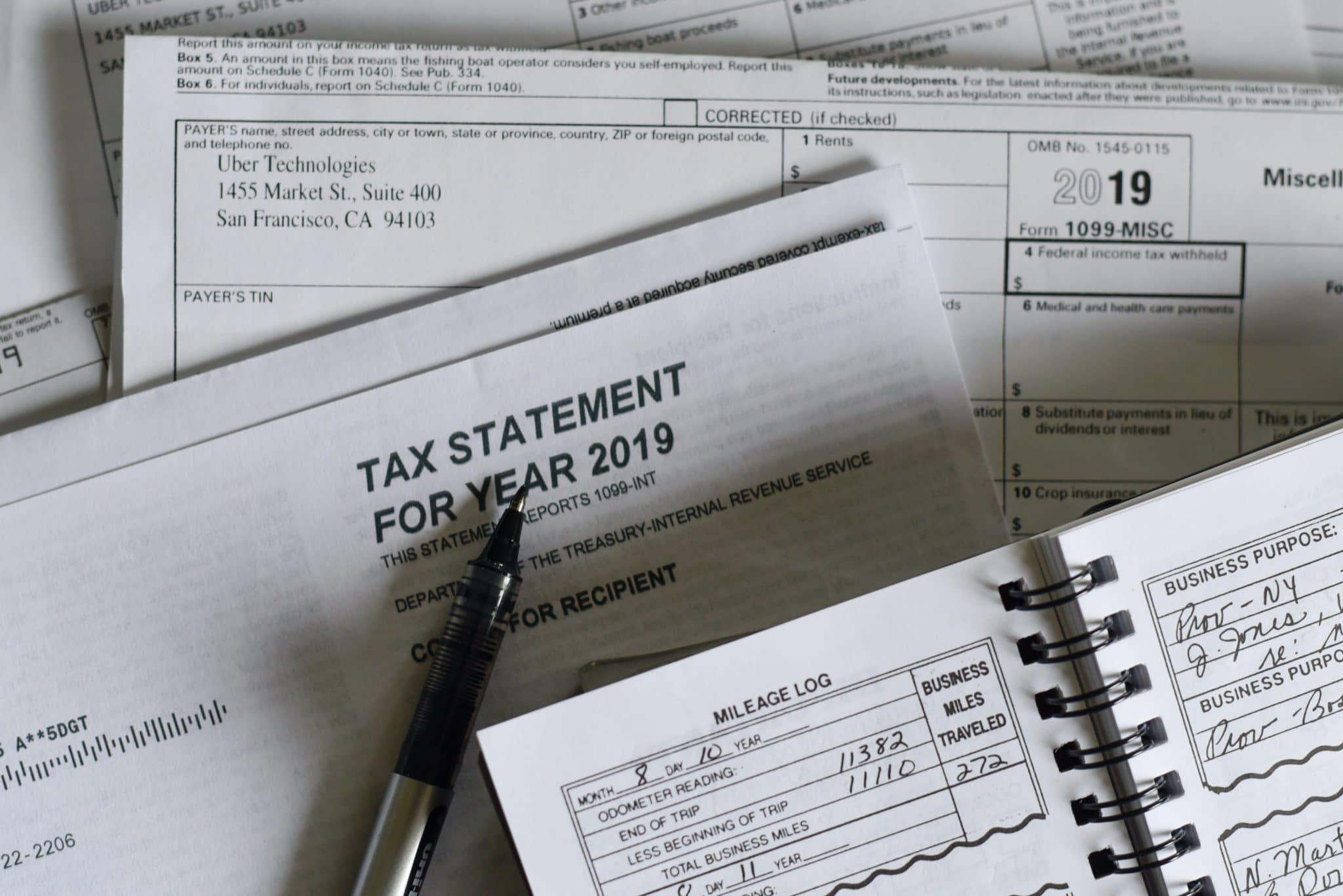Maybe you’re a fast-growing business that’s focused on recruiting employees that can provide growth, but employees alone aren’t the only factor to your business success. The success of your business depends on the ability to make a smart business deal that provides ongoing growth and expansion. There are times when you’ll have to walk away from a deal.
You’ll end up avoiding costly mistakes that could waste your time and energy. This can also impact your chances of success. Graylock Advisors will show you the eight warning signs of bad deals that you should be aware of before you enter into negotiations with a contract, vendor, or supplier.
1. The Price is Bundled
It can be hard to determine if you got a good deal if that bundled price includes products or services. It’s best to ask for line-item pricing, even if negotiations were based on the total expenses. This can give you a better idea of what the deal entails. Line-item pricing can help you compare and contrast if certain items would be better if acquired from another vendor. You’ll also often find that paying for only the items you want actually works out to be cheaper, even though you’re paying slightly more for each of these items than when they were in a bundle.
If you also bundle services with this contract, then you may find that it’s difficult to change these terms later. You should be able to remove some of the items by a certain date, but bundled pricing can make it difficult to get a good deal for the items that were removed.
2. The Discount is Too Good to Be True
Examine the discounts that the vendors propose. Some of them may be too good to be true. For example, if you receive a discount on services, then you should read the conditions and contract requirements. You’ll end up spending more if that provider has outrageous prices for additional services, such as additional software and on-site support.
3. Commitments are Based on Volume
A good deal can quickly turn bad if you’re only negotiating on the long-term value of the deal. Most contract terms are created to increase margins over time. Changing vendors or having multiyear agreements can reduce your ability to hire secondary suppliers. You want to make sure that you have high margins for your suppliers in the event that costs decrease, or your business expands.
Do you find yourself paying for services you’re not using? You should pay special attention to these areas during the renegotiation period. It’s common for a supplier to decrease its per-unit cost while not addressing the simultaneous drop in annual commitment. If this happens then it may signal that the commitments are based on volume.
4. There’s Not Enough Time to Renew
Many business contracts come with auto-renewals or evergreen terms. These terms are usually paired with a pre-negotiated price increase. Some deals may give significant notice of your ability to renew, which can decrease your negotiating leverage if the deadline passes. There are also vendors who will add complicated services that will not give you enough time to renew in the hopes that you won’t pay attention and cancel.
Be aware that some vendors intentionally leave a narrow window of time for negotiations in the hopes that they will catch you unprepared and you won’t have any alternatives. Before you even start negotiating, you’ll lose out on leverage because you don’t have enough time to review or come up with an alternative for the change in partners.
5. Not Understanding the Details of the Deal
If you don’t understand the technical details of the deal, then you should contact a third-party who can review the deal with you and explain it in layman’s terms. Before you speak with the vendor, understand the jargon that’s commonly used in their industry so you know what they’re talking about in business discussions.
This can prevent disagreements and miscommunication problems from happening. You’ll also lead the conversation in a way that makes sense to you.
6. Not Allowing Suppliers to Name their Price
There will be times when vendors will ask for a “starting price” before the deal. If you happen to accept the price without questioning it, you could end up losing leverage in future business conversations. Depending on your budget, the vendor could refuse a lower quote during negotiations. One way to resolve this issue is to offer a variety of services that you’re willing to pay for, so if there’s room for negotiations, you’ve already set what you’re going to pay.
7. Unreasonable Demands
Does the vendor seem anxious about closing the deal? Maybe they’re pressuring you to sign the deal on the spot rather than giving you time to review it before you sign it? Maybe you have to sign a non-compete agreement along with the deal, which can limit your options. These unreasonable demands can hurt your future relationship with this vendor.
Graylock Advisors states that there will be times when you have to walk away from a deal, in which the vendor may be motivated to remove these unreasonable demands in an effort to close the deal.
8. Going into the Deal Unprepared
The more you know about the deal, the stronger your bargaining position will be. You should research the other party and find out how they might behave during business discussions. Reach out to other businesses who have worked with this supplier before. With this knowledge, you can reach a deal that’s of advantage to you.
You can avoid making these mistakes. This will prevent you from overspending on products or services. You want to make sure that you get a good deal.


















0 Comments